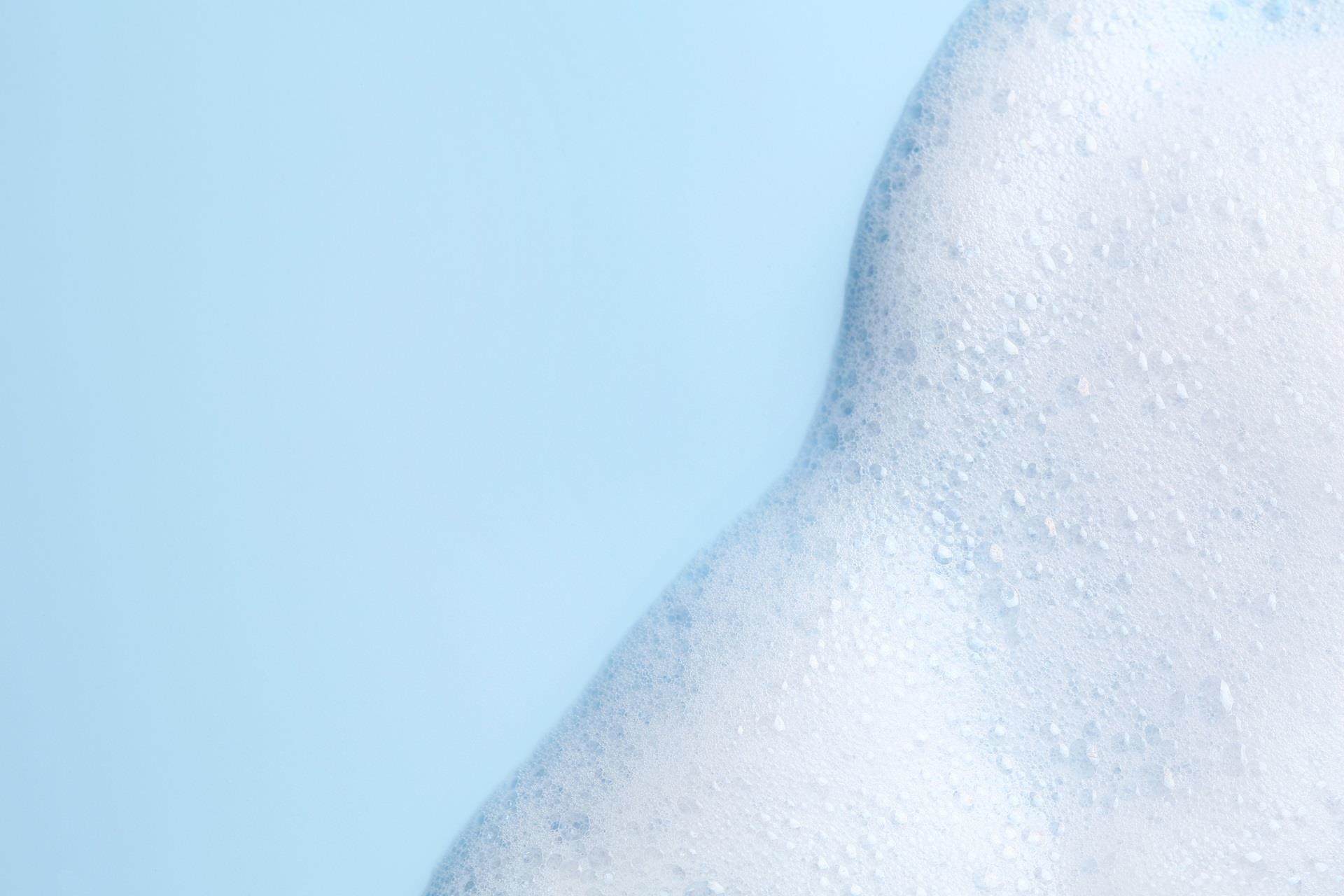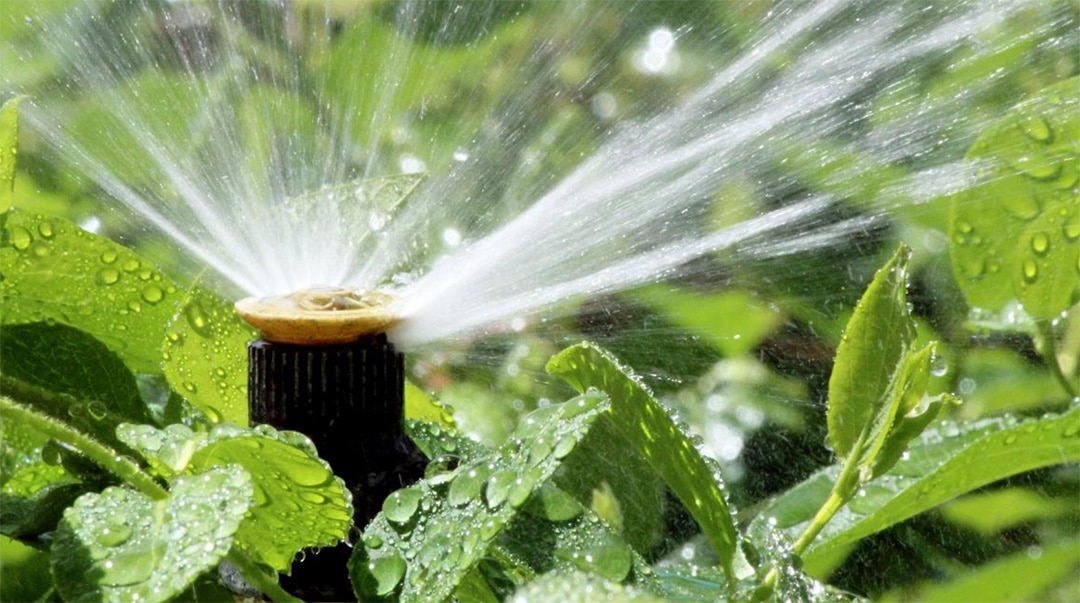How Defoamers Are Used to Prevent Foam in Food and Beverage Production
How Defoamers Are Used to Prevent Foam in Food and Beverage Production
Blog Article
The Function of Defoamers in Enhancing Product High Quality and Efficiency
In various manufacturing procedures, the presence of foam can substantially prevent product top quality and functional efficiency. Defoamers serve as vital additives that minimize this problem, ensuring smoother production workflows while boosting the useful and aesthetic features of the final items (defoamers). Their application covers a plethora of markets, from food and beverage to drugs, where consistency and dependability are extremely important. The selection of the proper defoamer can be critical to accomplishing optimum results, elevating crucial inquiries about formula compatibility and efficiency metrics that merit additional expedition.
Comprehending Defoamers
Comprehending the duty of defoamers is crucial for maintaining product high quality throughout different markets. Defoamers are chemical ingredients made to reduce and prevent the development of foam in liquid systems, which can adversely affect processes such as mixing, filling, and surface stress. Foaming can bring about inefficiencies, item issues, and compromised aesthetic charm, making defoamers an important part in producing operations.
In commercial applications, defoamers assist to enhance item consistency and security. The effective usage of defoamers not just guarantees smoother manufacturing processes yet likewise contributes to premium product efficiency.
Moreover, the choice and formula of a defoamer must line up with specific application demands, such as compatibility with various other ingredients, performance under varying temperature and pH problems, and potential regulative restrictions. Eventually, recognizing defoamers' functions and their significance in numerous formulas is vital for optimizing production and making certain the best quality end products.
Kinds Of Defoamers
Defoamers can be classified into a number of kinds based on their composition and system of activity. The key types consist of silicone-based, non-silicone organic, and inorganic defoamers.
Silicone-based defoamers are among one of the most efficient, mainly because of their capacity to spread rapidly on the liquid surface area and disrupt foam formation. Their distinct chemical framework enables superior stability, making them suitable for high-temperature applications and atmospheres with varying pH levels.
Non-silicone natural defoamers, often composed of fatty acids or all-natural oils, are valued for their biodegradability and reduced poisoning. These are typically used in food and beverage applications where security and ecological influence are extremely important.
Not natural defoamers, that include materials like talc or calcium carbonate, act by enhancing the density of the liquid, thereby decreasing foam stability. They are typically used in industrial processes where compatibility with other products is not an issue.
Each sort of defoamer has distinct benefits and constraints, permitting customized remedies depending upon the particular foaming concerns encountered in numerous applications. Comprehending these differences is important for maximizing performance and achieving wanted item top quality.
Applications Throughout Industries
Countless markets leverage defoamers to enhance item top quality and functional efficiency. In the food and drink market, defoamers are essential in processes such as developing and milk production to prevent foam development, which can cause ineffectiveness and product incongruity. By managing foam, suppliers can make certain much better yield and a much more uniform item.
In the pharmaceutical industry, defoamers play an essential function in the solution of liquid drugs, where extreme foam can impede blending and accurate application. Their usage helps maintain the honesty of the solutions and assists in smoother production procedures.
The paint and finishings sector likewise depends on defoamers to improve the efficiency of items throughout application. By lessening foam, these additives guarantee a smoother coating and enhance the visual high qualities of the last product.

Advantages of Using Defoamers
While the application of defoamers varies across industries, their benefits consistently boost product high quality and process effectiveness. One substantial advantage is the reduction of foam formation during manufacturing procedures, which can or else bring about manufacturing hold-ups and inconsistencies in item high quality. By decreasing foam, defoamers make it possible for a smoother circulation of materials, helping with extra efficient procedures and minimizing the probability of devices malfunctions.
In addition, using defoamers can enhance the appearance and texture of last products. In sectors such as coverings, paints, and food processing, too much foam can jeopardize the visual looks and total high quality, while the appropriate defoamer application makes certain a consistent surface and desirable qualities. Moreover, defoamers can contribute to set you back financial savings by decreasing waste during manufacturing and enhancing the use of resources (defoamers).

Choosing the Right Defoamer
Choosing the ideal defoamer is critical for maximizing production procedures and making certain item top quality. The selection of defoamer affects not just the effectiveness of foam control but also the overall performance characteristics of the end product. Aspects to think about include the kind of application, the chemistry of the formulation, and the environmental conditions under which the product will certainly be made use of.
Various markets might call for details defoamer kinds, such as silicone-based, organic, or polymeric defoamers. Understanding the compatibility of the defoamer with the primary components is necessary to prevent unfavorable reactions that can jeopardize item honesty. Furthermore, the defoamer's effectiveness in various temperature levels and pH levels need to be examined to ensure regular efficiency.
Testing the defoamer in small applications can supply valuable understandings into its efficiency and suitability. Consideration of governing compliance, particularly in food, pharmaceuticals, and cosmetics, is vital in choosing a defoamer. Inevitably, a complete assessment of these aspects will certainly cause the selection of a defoamer that not just controls foam successfully yet also enhances the top quality and performance of the final item.
Conclusion

In verdict, defoamers are crucial ingredients that dramatically boost product top quality and efficiency throughout various industries. The tactical option and application of defoamers lead to set you back savings, maximized source use, and enhanced client fulfillment.
Frothing can lead to ineffectiveness, product defects, and endangered aesthetic charm, making defoamers a vital component in making procedures.

Report this page